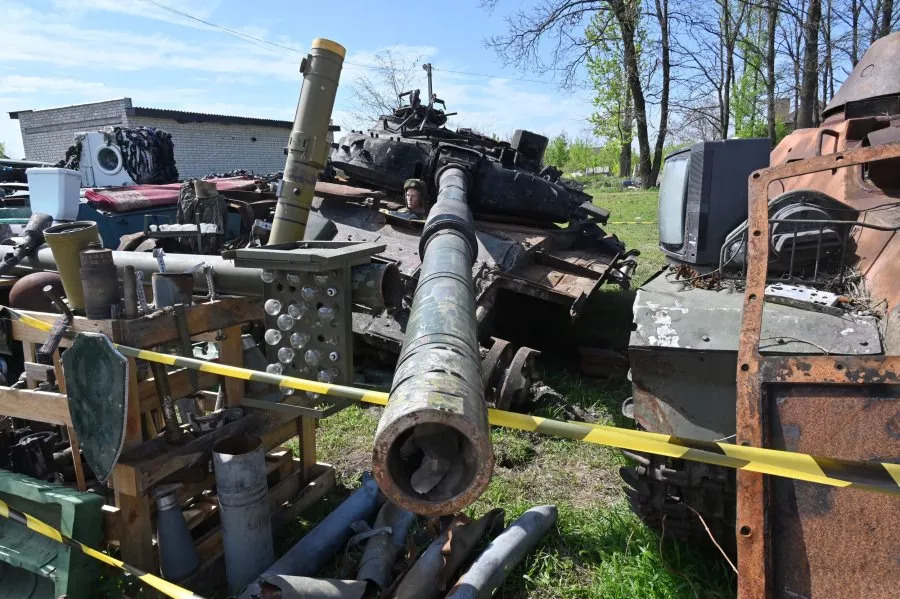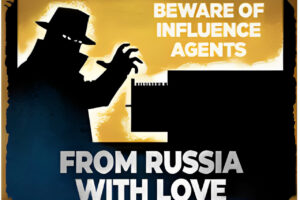General Christopher G. Cavoli, the commander of U.S. forces in Europe, has warned that the Russian military still poses a serious threat to the NATO alliance despite having “run into big problems” during the disastrous invasion of Ukraine.
Speaking at the Lennart Meri Conference in Tallinn, Estonia, on Sunday, Cavoli urged Western observers not to jump to conclusions based on the repeated battlefield failures of the Russian land forces in Ukraine.
“The Russian military’s demise in Ukraine is something that has to be studied very closely,” the general said. “It has not been even. It’s very easy to look and to think that the Russian military has collapsed, or is in dire trouble. But in fact, it’s been uneven.
“The ground forces are greatly eroded, they have run into big problems. And they’ve lost a lot of people, they’ve lost a lot of equipment. On the other hand, they’ve also ingested a lot of people. And you know, the Russian army, the ground force, today is bigger than it was at the beginning of this conflict. So, it still exists.

“The air force has lost less than 100 fighters and bombers. They have about 1,000 remaining. The navy has lost almost nothing, cyber has lost nothing, space lost nothing. So really, when we talk about the Russian military, we have to study it across all domains. And we have to be ready to deal with the Russian military into the future in all domains.”
The extent of Russian personnel losses in Ukraine remains unclear. Kyiv claims it has “liquidated” almost 200,000 Russian troops since the full-scale invasion began on February 24, 2022. The estimate broadly chimes with an American estimate of nearly 200,000 Russian dead and wounded over the same time period.
As Cavoli spoke, reports were emerging of recent Ukrainian gains around the devastated Donetsk city of Bakhmut, which come ahead of an expected Ukrainian spring counteroffensive. Newsweek has contacted the Russian Defense Ministry to request comment.
European officials have previously told Newsweek that elite Russian units—including those historically deployed along NATO borders as part of the vanguard for a hypothetical invasion—have suffered losses of between 30 and 40 percent.
Some such units are being reconstituted with the help of Russia’s “partial mobilization,” but the loss of experienced junior officers and professional contract troops will mean these units are likely operating at reduced strength and lower overall capability.
The demands of the war have forced Moscow to redeploy troops from border regions into Ukraine. Cavoli said that it is unclear how long it might take for Russia to return to pre-war strength, but that the relative health of the Kremlin’s air and naval arms means there remains a danger of an expanded war.
“How long will it take to rebuild? The question is: How long will it take to rebuild to do what?” the general said. “They’re capable of doing things today. I think there’s not going to be a light switch that goes on or off now. We need to know we need to be prepared.
“We’ll need to be prepared across the continuum from here going forward to defend our nations, and in the case of the alliance to defend the territory of the states of the alliance,” he added.
Source : NewsWeek















